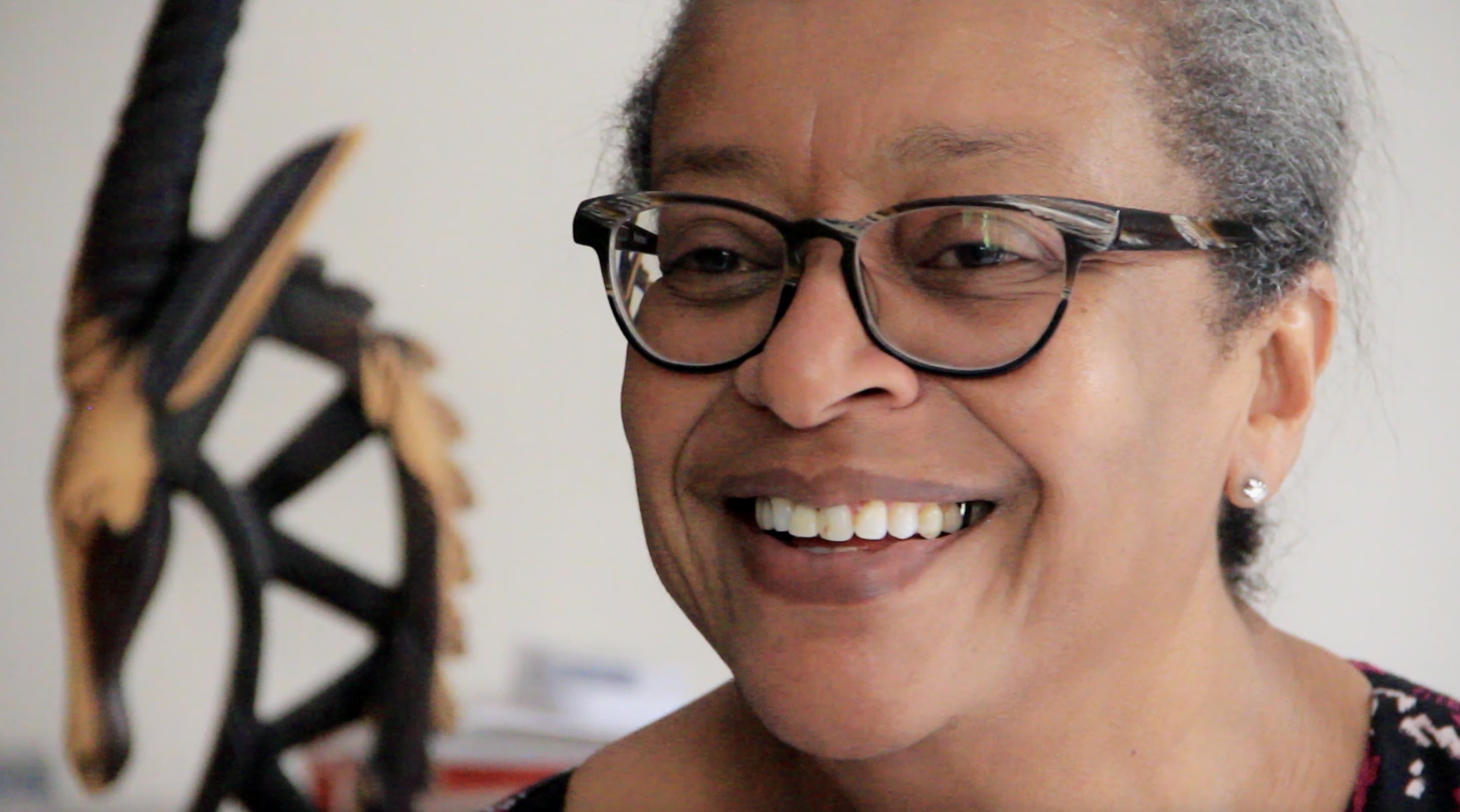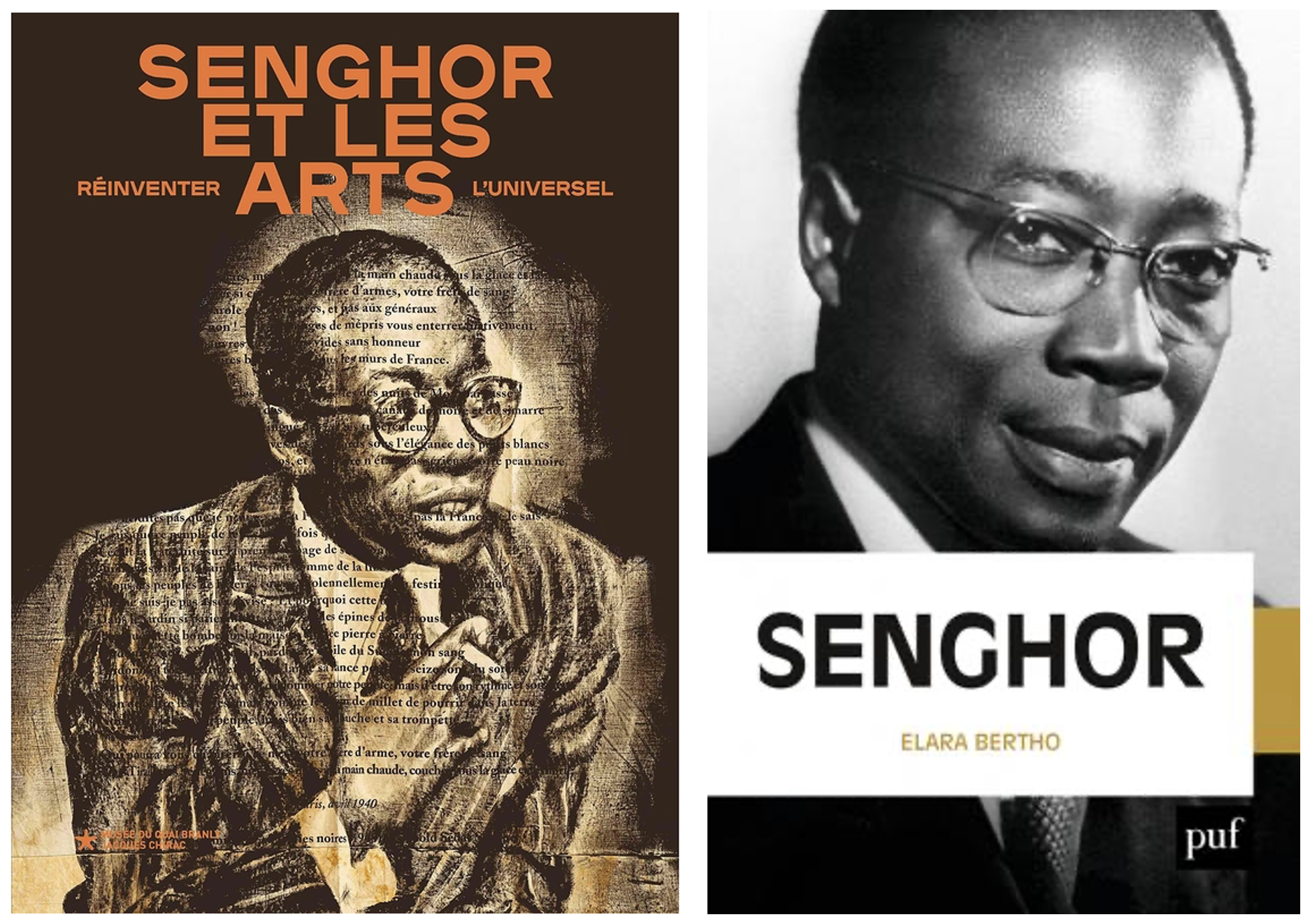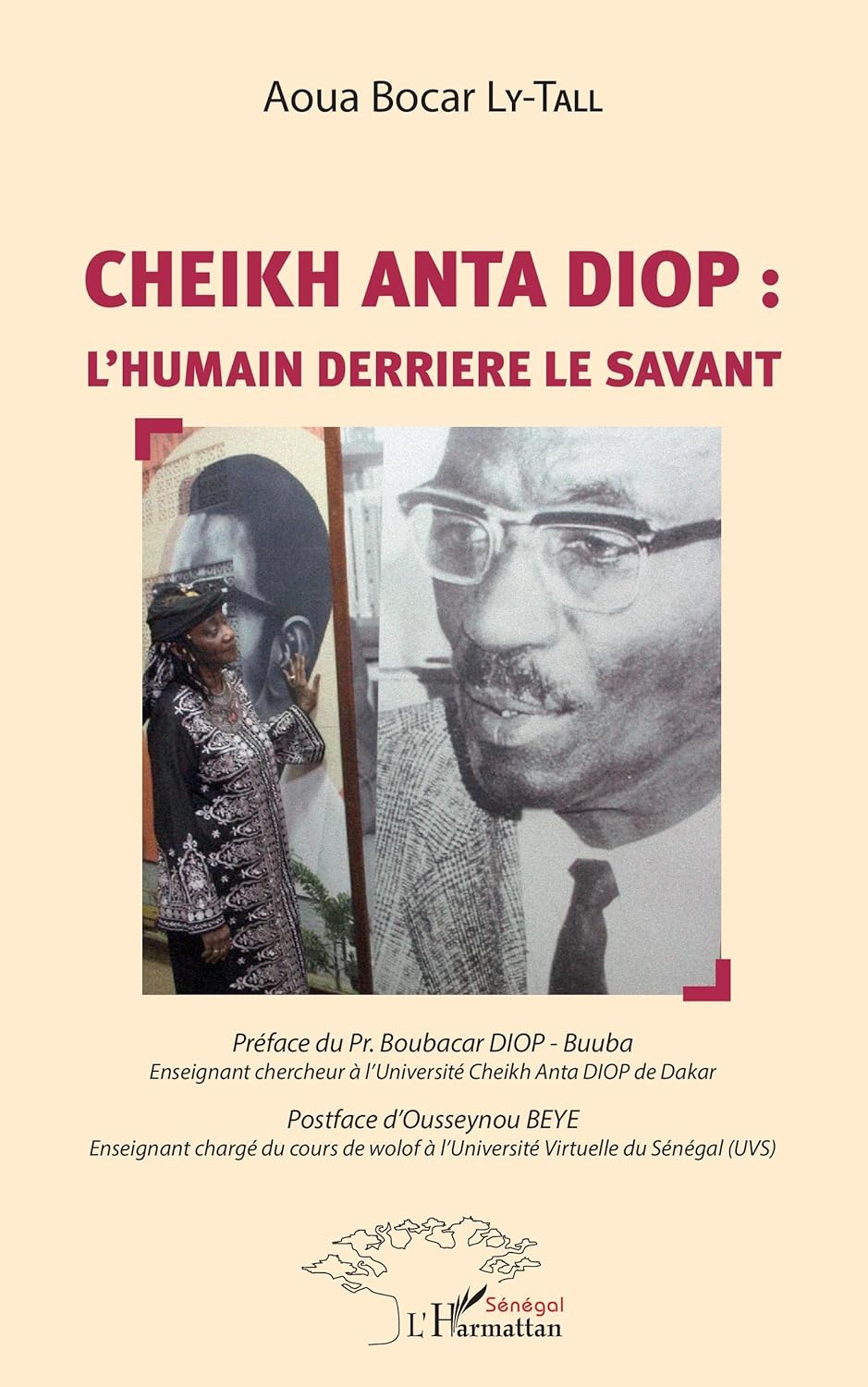No. 4 (2023): Cheikh Anta Diop, 1923-1986. Context, scope and legacy of a political activist

Special issue edited by Amzat Boukari-Yabara (École politique africaine) and Martin Mourre (IMAf-EHESS).
Editorial coordination within RHCA by Louise Barré and Camille Evrard.
This issue of the Revue d'histoire contemporaine de l'Afrique focuses on the thought and political action of Cheikh Anta Diop. Diop is best known for his scientific work, begun in the late 1940s, in which he explored the origins of human civilisations, their genealogies and reciprocal influences, using the African continent as a starting point. He demonstrated both the "negro" character, in the vocabulary of the time, of ancient Egypt and the cultural unity of the peoples of sub-Saharan Africa from prehistoric times to the emergence of the "empires" of the Middle Ages. In so doing, his work also denounces what he calls the "modern falsification of history", which he considers to be the work of most Western Egyptologists. Cheikh Anta Diop was also a leading pan-Africanist, advocating the creation of a federal state for Africa at the time of decolonisation. Politically, he produced a great deal of theoretical work, while also organising political struggles, mainly in France and Senegal.
This issue is dedicated to Pathé Diagne (1934-2023), a man of science and culture and a comrade in struggle with Cheikh Anta Diop.










